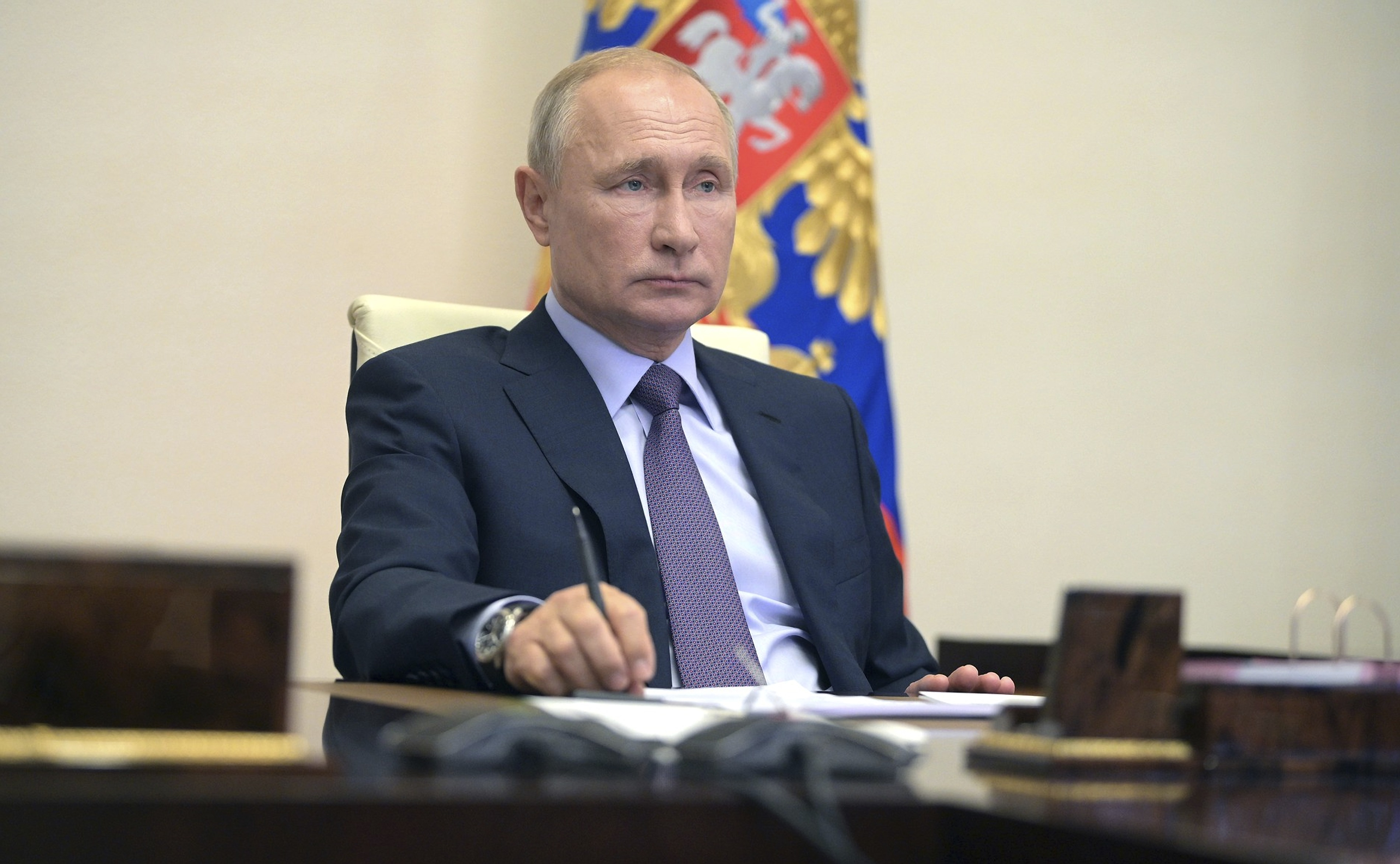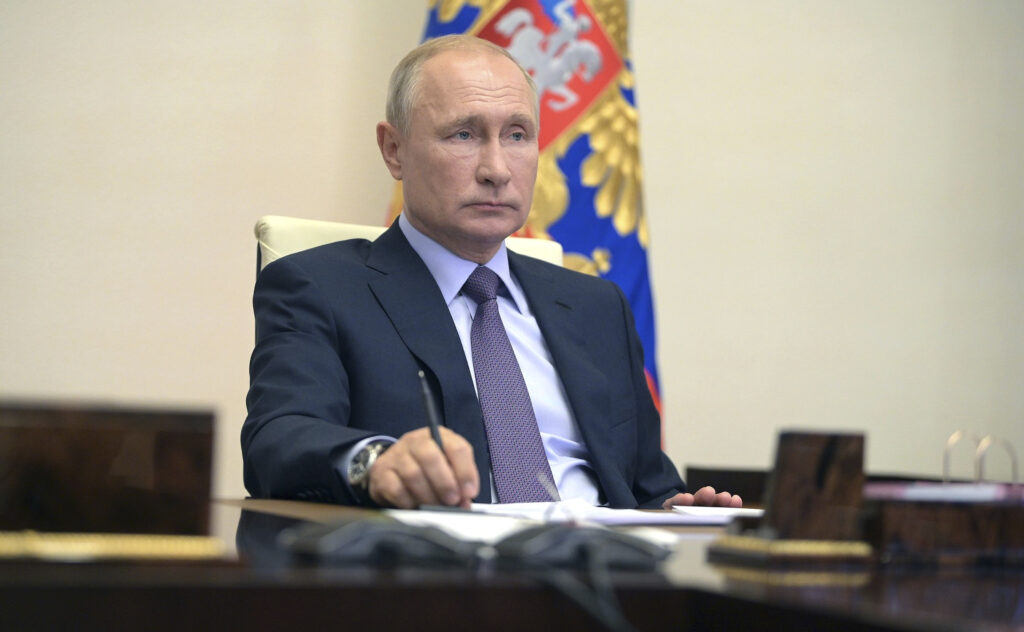
Introduction
In recent news, the UK government has pointed fingers at Russia, alleging its intelligence service’s involvement in sustained attempts to meddle in British democracy. This article dives deep into the intricacies of this claim, shedding light on the background, methods employed, and the potential ramifications.
The Historical Context
1. Early Signs of Interference
To comprehend the current situation, it’s crucial to revisit the historical context. Early signs of interference and strained diplomatic relations set the stage for the present allegations.
2. Evolution of Tactics
Over time, Russia’s intelligence service has evolved its tactics, adapting to technological advancements. Understanding these shifts is pivotal in gauging the effectiveness and sophistication of their meddling.
Methods Employed by Russia
3. Cyber Espionage: A Silent Warfare
One of the primary methods Russia employs is cyber espionage. This section unravels the covert operations conducted through digital means, emphasizing the threat it poses to democratic processes.
4. Disinformation Campaigns
Delving into the world of disinformation campaigns, this heading explores how Russia strategically disseminates misleading information to manipulate public opinion and sow discord.
5. Influence on Social Media Platforms
The influence of social media platforms is undeniable in today’s world. Here, we examine how Russia leverages these platforms to amplify its narratives and reach a global audience.
Implications for British Democracy
6. Erosion of Public Trust
As Russia’s meddling persists, there’s a consequential erosion of public trust in the democratic process. This section delves into the implications of such actions on the citizens’ confidence in their government.
7. Undermining Electoral Integrity
The integrity of elections is paramount in any democracy. Explore the ways in which Russia’s interference attempts undermine the very core of the electoral process.
International Response and Challenges
8. Global Diplomatic Fallout
The international community responds to allegations of meddling. Analyze the diplomatic fallout and how this situation strains global relations.
9. Challenges in Attribution
Attributing cyber attacks and disinformation campaigns to a specific nation is a complex task. This heading explores the challenges in accurately attributing these activities to Russia.
Countering the Threat: A Call to Action
10. Strengthening Cybersecurity Measures
To safeguard democratic processes, nations must enhance their cybersecurity measures. This section outlines the urgent need for robust defenses against cyber threats.
11. International Collaboration
In the face of a common adversary, collaboration becomes imperative. Discuss how nations can come together to share intelligence and collectively counter the threat posed by Russia.
Conclusion
In conclusion, the allegations of Russia’s intelligence service meddling in British democracy demand a nuanced understanding. It is crucial for nations to stand united against such threats, fortifying their democratic institutions and cybersecurity defenses.

